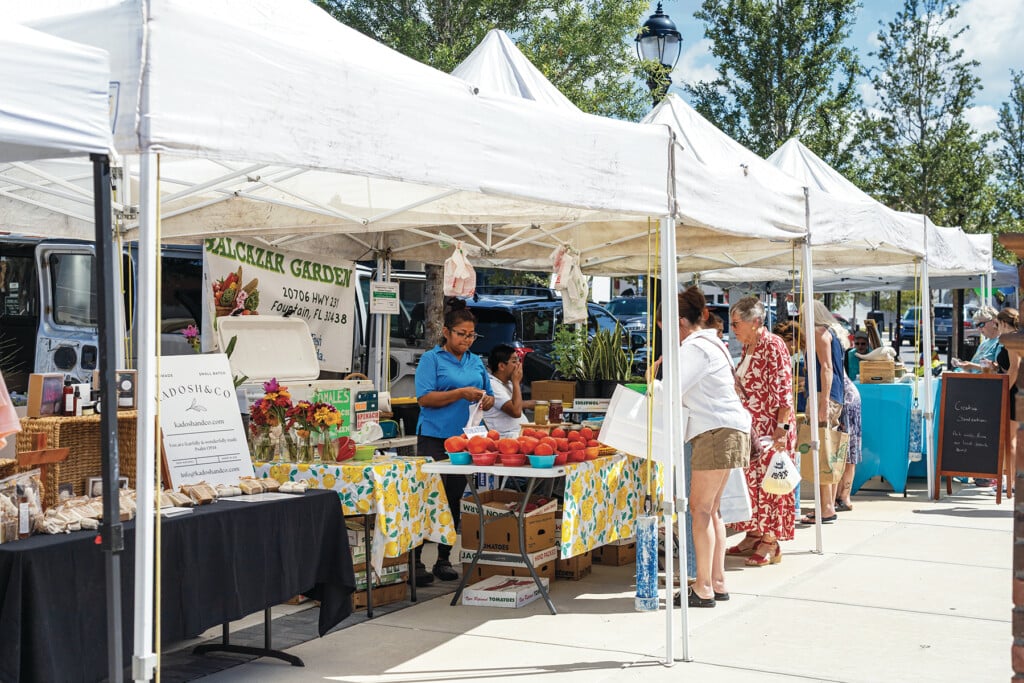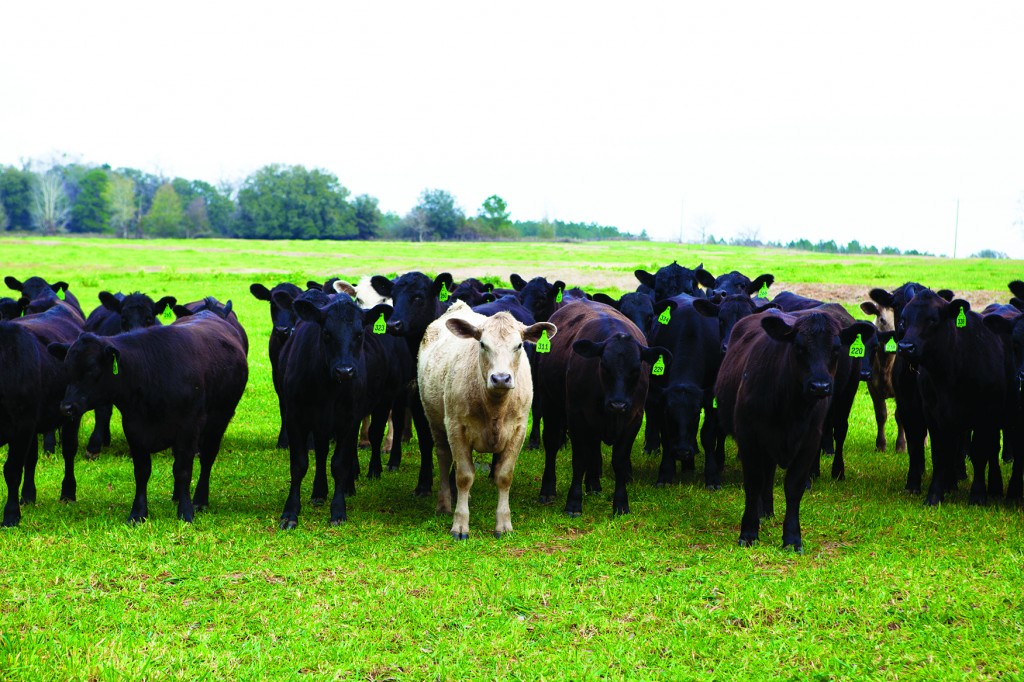From Hobby to Market
Using small business venues to test products

While many people remember a cash-centered square with tables and tents offering mostly fruits, vegetables, and potted plants, innovations have transformed the farmers market into a laboratory for the entrepreneurially minded. There are many advantages to beginning a small business at the local market, such as low cost, reduced risk, and immediate customer feedback.
Historically, the farmers market provided a place for customers to bypass the supermarket and trade cash to farmers for fresh produce. Though items like lettuce, eggplant, and watermelons can still be found in stalls, there are also artisans, home cottages, and crafts, providing a range of goods, from baked goods and homemade sauces to woodworking and other unique art.
Thanks to mobile payment vendors, such as Square, Shopify, and PayPal, etc., providing non-cash payment options, new business owners starting out can provide a means of using credit/debit to sell goods without the need for a retail space. For budding entrepreneurs looking to test the viability of their products, farmers markets and local festivals are the logical first step.
Bill Davenport, a retired U.S. Navy chief, has written three books providing tips and guidance for those wanting to be a vendor at a farmers market or even launch their own market. Davenport runs Anchored Market Ventures out of Panama City, where his company organizes four full-time farmers markets and seven specialty markets that pop up once a year in the area, including three at Aaron Bessant Park in Panama City Beach.
Each year, Davenport works with almost 700 vendors at the markets he organizes. That number has been pretty stable the past couple years after spiking up to around 1,100 vendors in 2020 and 2021.
“Right around COVID,” Davenport says, “we saw a significant increase. Folks were avoiding brick-and-mortar businesses. More people were remotely working from home, so they were looking for other ways to supplement their income.”
Davenport says the low barrier to entry is one of the biggest attractions to starting a business at a farmers market, which can usually be set up for approximately $100 the first week, then around $40 a week afterward, which is significantly lower than renting a retail space with a fixed cost and overhead with a combined total into the thousands, depending on location.
“It’s a great way to fine-tune your products and your business before taking that next step to go brick and mortar,” Davenport says. “It’s also a great way to get instant feedback because you are on a very personal level with your customer base, getting face-to-face interaction week in and week out.” That feedback allows owners to fine-tune their businesses in real time rather than waiting for customers to leave comments on social media, he adds.
The biggest mistake Davenport has seen vendors make in starting their business at a farmers market is coming to the table with a hobbyist mindset, explaining, “Some start out thinking this is a hobby, with a ‘I’m good at it’ and ‘I like doing it’ mentality but still treating it as a hobby.” When vendors take this approach, he feels they set themselves up for failure.
Davenport says ultimately, “It is a business. You have to track your financials, your expenditures, your income,” and that mentality is key. Successful owners are meticulous with product tracking.
A strong believer in the farmers market concept, Davenport wants his markets to offer an outlet for locals to expand their hobbies and get their small businesses off the ground. “If folks are making it and it’s local,” Davenport says, “then at the end of the day, we are putting money back into the local economy.”
One of the annual markets that Davenport organizes is the Panama City Beach Fall Festival & Market, now in its third year. In 2024, the farmers market section of the festival featured 60 vendors, 8 food trucks, and 27 business booths.
According to Kylie Coffey, special events coordinator for the Panama City Beach Parks & Recreation Department, attendance for the event has been growing each year, and they expect up to 1,200 people this fall, depending on the weather.
For Coffey, the big attraction centers around anything and everything fall-related “because we just don’t get enough fall in Florida,” adding that the pumpkins are a big draw for her and many of the customers attending the market.
The annual market takes place in September and is free to the public.




